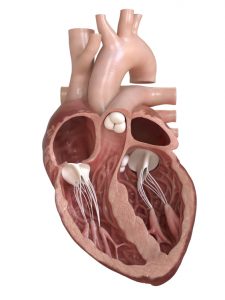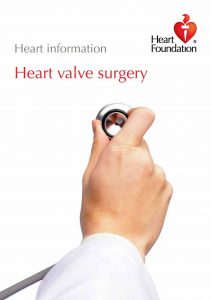
Valve Surgery
Heart valve disease causes the normal blood flow through the heart to be disrupted. This can affect your health and keep you from being able to enjoy the activities you love.
Heart valves can develop one or both of the following problems:
-
The valve opening becomes narrow (stenotic), restricting the amount of blood that can be pumped to the rest of the body.
-
The valve does not close completely (valve insufficiency or regurgitation) where the blood can flow backward instead of only forward. Backward blood flow makes it harder for your heart to pump blood to the rest of your body. This also causes a buildup of back pressure in your heart and lungs.

